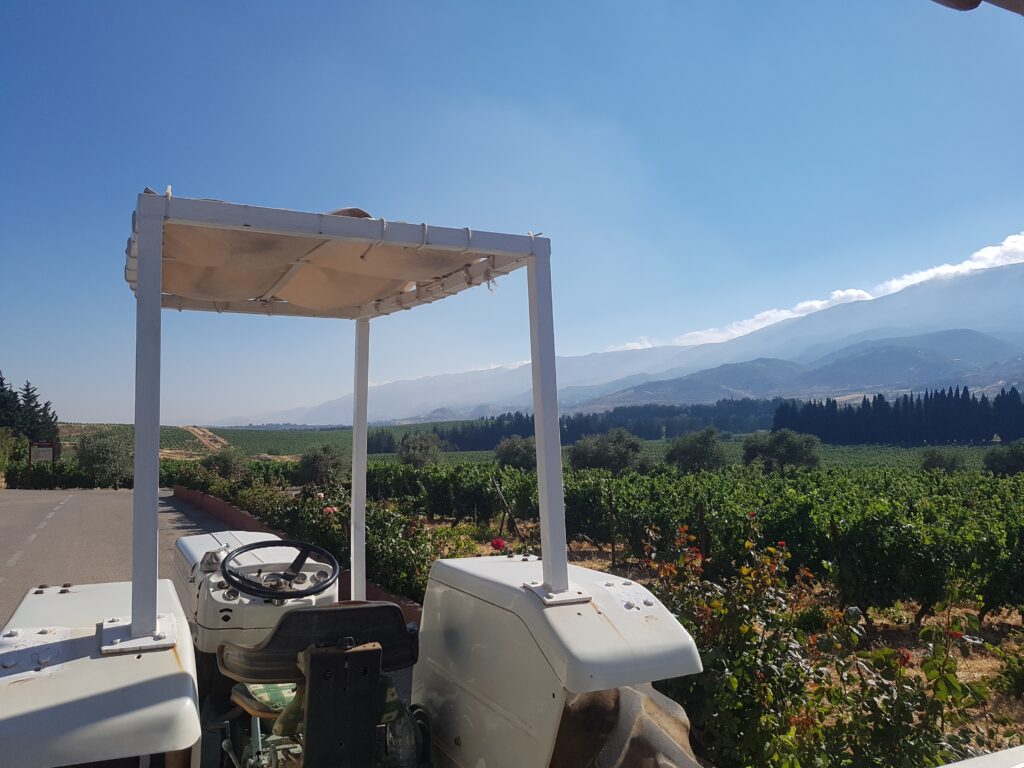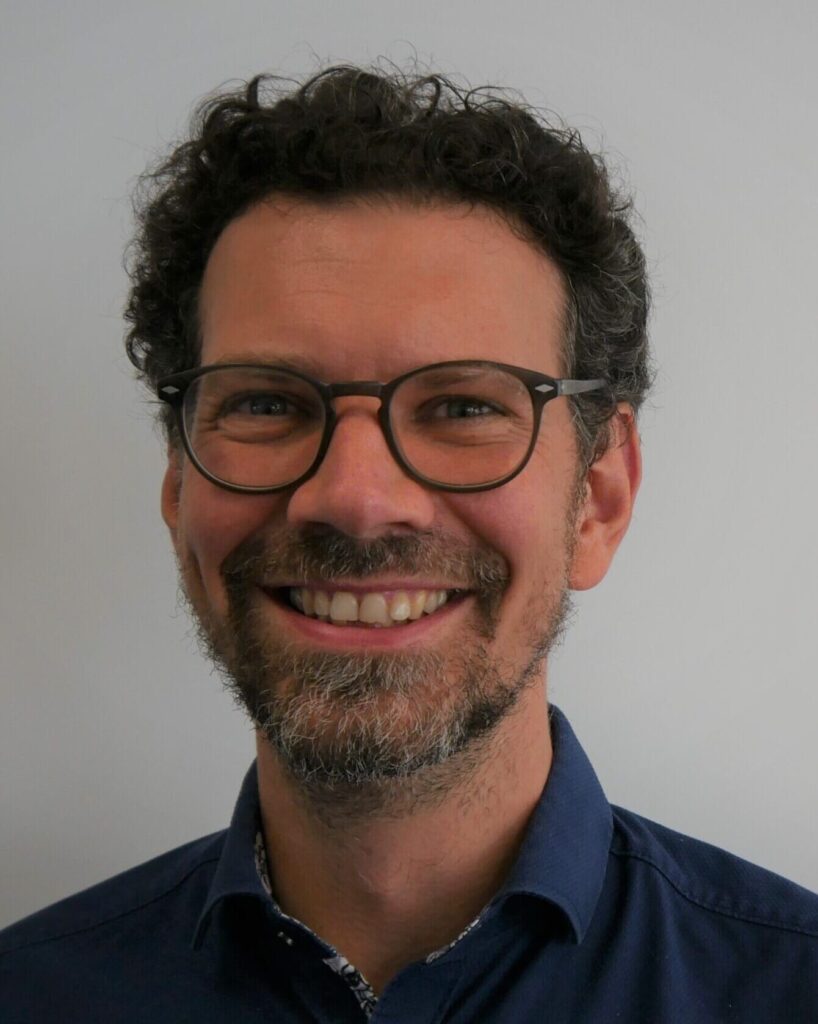Wine to Energy

Project description
Even today, most of the energy demand is still covered by energy from fossil sources. This has enormous negative effects on the environment, natural resources and health. The production of biogas from fermentation processes is considered the most promising green approach that could solve two problems at once: waste management and energy production.
The production of biogas from waste represents a huge opportunity worldwide to reduce greenhouse gas emissions, environmental degradation, waste management and processing. In this project, a feasibility study on biogas production on wineries was carried out with agro-industrial partners in Lebanon and Germany.
Based on field visits to wineries, an economic study was carried out to present the costs and benefits of biogas production from a Community perspective.
In this project a very broad interdisciplinary approach was applied, which brought together waste management competences from several areas and thus achieved interaction on many levels:
- between industry, science and society
- between different scientific disciplines (agricultural sciences, economics, biochemistry and politics)
Project duration: January 2019 – December 2019
Tasks
- Overview of AD technology (Field visit to Beirut (Bekaa valley))
- Description of techno-economic value chain of AD plants
- Site assessment (i.e. economic study framework, data collection, data processing)
- Feedstock assessment
- Market analysis fo heat and power
- Economic and financial analysis
- Field visits (e.g. AD plant and German bioenergy association) and meeting in Germany to discuss intermediate results and application of framework to German wine region.
Results
In context of this project, a master’s thesis was developed, which carried out a technical-commercial feasibility study for the implementation of the technology of biogas production in Lebanon.
The master’s thesis is available on request.
